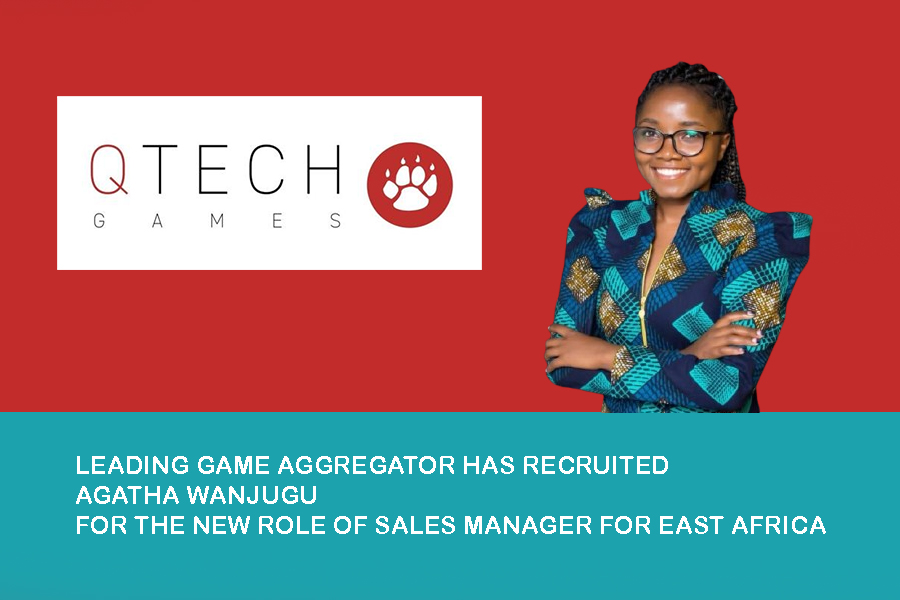Compliance Updates
Announcement from Curacao GCB: Guideline – Census and Application
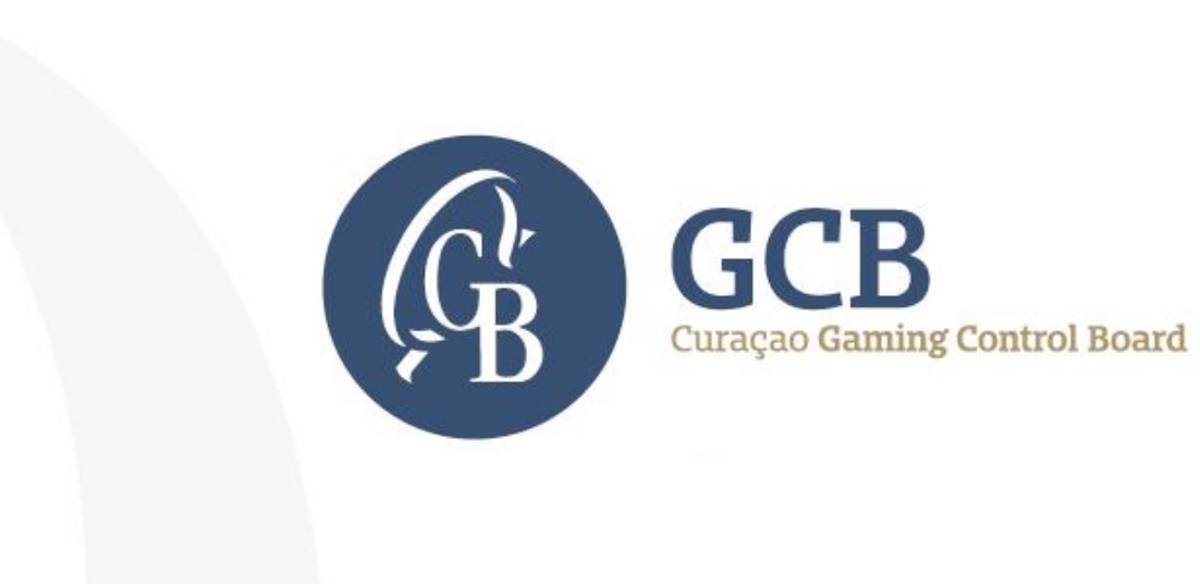
Deadline – 31st March 2024
Contents
1. Introduction
2. License categorization under the new framework and application flexibility
3. Census and Account Application Deadline: 31st March 2024
4. When is a License Application deemed to be submitted and what are consequences of non-
submission?
5. License issued pre or post 31st March 2024 and resultant consequences and obligations.
6. Post 31st March 2024: Portal restrictions.
1. Introduction
This License Application Process document applies to online gaming licenses currently being issued by the Curaçao Gaming Control Board (“GCB”) directly to operators under the current legislation: the National Ordinance on Offshore Games of Hazard (commonly referred to as the NOOGH).
The legal authority for license issuance within Curaçao’s gambling sector originates from the NOOGH, which expressly empowers the Governor to delegate this responsibility. Such delegation was formally extended to the Minister of Finance and subsequently to the GCB, underpinning the GCB’s current operational mandate which was last updated on the 24th November 2023 and as such forms the basis for the GCB to issue online gaming operator licenses under the NOOGH.
The purpose of these guidelines is to:
1. assist applicants in making complete applications by setting out / pre-empting frequently asked questions; and
2. enabling the applicant to understand what the GCB expects of applicants and subsequent license holders.
Please ensure that you read these guidelines carefully.
For ease of reference, we will refer throughout these guidelines to online gaming licenses which will authorize by way of license the right to operate all forms of remote gambling, including sports betting.
As of November 2023, the GCB has been accepting and processing online gaming license applications from operators who wish to acquire an online gaming license directly from the GCB under a new application process. All applicants must be Curaçao incorporated entities and no individual (or natural person) may apply nor via alternative legal structures.
In making its decision whether to grant a license or refuse it, the GCB will act in accordance with Curaçao law, including the general principles of good governance.
The GCB has a discretion to grant online gaming licenses to those applicants which have satisfied the GCB that the business and individuals and entities connected to it are fit and proper based on due diligence undertaken and such businesses have the ability, finances, and technology to ensure that the remote gambling offered, complies with the high regulatory standards expected by the GCB.
The licenses will not be limited in number but only by the suitability of the applicants. The GCB currently is only mandated to grant B2C licenses – i.e., those applicants who directly supply remote gaming services to end user customers. B2B2C service providers – i.e., those entities where the company is providing critical player account and funds management – are considered as a form of B2C and can therefore apply now for a license with the GCB. (See further below).
Pure B2B entities, who only supply technology–based services, may be considered for a license pre–LOK but the GCB will make an announcement about this option later this year.
The GCB is committed to keeping the remote gaming industry free from crime and ensuring that license holders act in a fair and transparent manner and protect the vulnerable players, including minors. To that end it expects that its licensees both on application and thereafter will run their businesses, in accordance with the law, regulations and license conditions. Also, whilst the GCB will not necessarily prescribe a list of jurisdictions in relation to which licensees cannot supply services, applicants and license holders are expected to demonstrate reasonable efforts to secure compliance with law and financial sanctions guidelines in the countries where their services are accessed.
2. License categorization under the new framework and application flexibility
Licenses currently being issued by the GCB under the existing NOOGH legislation are all designated in the same way (i.e. a B2B2C model would just receive a B2C license). However the GCB would be expected to be notified of all material changes to a licensee’s operational model. A license is required by any entity as detailed in Section 4 of the Online Gaming Application Form.
- This includes:
a. Companies who interact directly with the players – controls player funds and/or player data management (B2C)
b. Companies (for example platforms) who meaningfully facilitate the B2C operations vis-a-vis player funds and player data (B2B2C). A B2B2C license will be issued to entities who are genuinely and provably involved in the operations. For clarity, this license type is NOT a replacement for the Master License / Sublicensee business model. Sublicensing will be prohibited under these licenses as well as under the LOK licenses in the future. In addition these licenses are only intended to be issued to those entities who are supplying a B2C license holders.
Post LOK-enactment, it is anticipated that (i) B2B licenses are only mandatory for B2B entities that establish themselves in Curaçao; and (ii) B2B licenses are1optional for all other relevant international entities.
- The following applies:
• A License Account is set-up by the Curaçao-registered entity that operates the business which is intended to be the recipient of a successful license(s) grant. Corporations are not limited to making one application – they can apply multiple times under a single License Account.
• Any license can have unlimited domains, but each domain is exclusively allocated to a single license.
• No Sublicenses will be permitted.
As referenced above general license conditions will apply to all. These are published on the GCB portal. In addition specific conditions may be attached to any individual licensee at the discretion of the GCB. These conditions will not be published.
3. Census and Account Application Deadline: 31st March 2024
As previously stated, registration of Sublicenses on the GCB portal and any application for direct licenses of those Sublicensee operators (including Master Licensors who wish to operate a B2C or B2B2C business in their own right) will no longer be possible after midnight of the 31st of March 2024 (Curaçao time).
- Specifically in relation to the Census:
1. The Master Licensor is responsible for ensuring that ALL its Sublicenses and ALL related domains are registered. This can be done via a Census Account unless the Sublicensee registers some or all of their domains by way of a License Application. In the latter situation the applicant must grant Census Account rights to the Master Licensor (via the GCB portal) if requested, so the Master Licensor may ensure its compliance obligations that all information is complete and accurate.
2. Only these registered domains as above will be recognized by the Gaming Control Board (GCB) as falling under the terms of the Master License. Any unregistered domain can no longer shelter under any Master License.
4. When is a License Application deemed to be submitted and what are consequences of non-submission?
- An application will be deemed by the GCB to be submitted by mid-night March 31, 2024 (Curaçao time) if the following has occurred.
a. ALL 3 forms are fully complete and uploaded. These comprise the following:
i. Online Gaming Application Form
ii. Personal History Disclosure Form
iii. Corporate and Business Information Form
b. All enclosures associated with each form have also been uploaded. Discretion will
be exercised by the GCB for certain documentation (such as police conduct
reports) which take time to receive – however the application will need to
demonstrate that reasonable steps have been taken to obtain such
documentation or propose an adequate alternative.
c. The “Submit” button has been pressed. - An applicant with an application properly submitted may continue its business operations uninterrupted per the terms of the Sublicensee agreement until a direct license is issued.
- Placeholder / blank documents are not permitted, and any such documents uploaded in order to be able to hit the “Submit” button will mean that the application will not be deemed to have been submitted by the 31st of March 2024 and the domains/operations that fall under this application will have to cease operations on that date unless they have been included on the Census and their Sublicensee contractual arrangements are still valid.
- In the event the application is not submitted by the mid-night 31st March 2024, existing Sublicensees will have lost their opportunity to apply directly to the GCB, and therefore risk that when the Master Licensor agreement expires (by (a) LOK coming into force;(b) Master Licensor /Sublicense contract coming to an end; and/or (c) Master Licensor otherwise losing its right to sublicense which in all cases mean its right to operate will terminate.
5. License issued pre or post 31st March 2024 and resultant consequences and obligations.
- Operators must comply with general and specific conditions and policies and regulationsby the GCB.
- Operators must ensure it only uses the domains referenced in its license application and/or those domains that are proxies or derivatives of those listed in the license application.
- Operators must ensure that every active domain correctly displays the Dynamic Seal using the unique token issued for that domain on the portal. New domains may be added subject to an administrative fee.
- Policies and procedures referenced in the application must be submitted in full no later than 6 months of license issuance or earlier at the request of the GCB.
- Operators who choose to have their direct license from the GCB running in parallel with existing Sublicense within the same legal entity will be expected to: (i) Disclose to the GCB details of the business running under the Master License; and (ii)) Outline the rationale of the separation of business activities. In this situation, the GCB may, at its discretion, impose further license conditions to address any legitimate concerns.
- The GCB will issue regulations in connection with minimum KYC requirements required of its license holders to apply to the latter’s customers. The GCB expects to issue these regulations as of April 2024. These regulations are based on current Curaçao laws relating to AML/CTF under NOIS and NORUT (The National Ordinance on Identification when Rendering Services and the National Ordinance of the Reporting of Unusual Transactions).
6. Post 31st March 2024: Portal restrictions.
- As stressed above, and previously, the application deadline for a Sublicense holder, or a Master Licensor who wishes to become an operator in their own right is the 31st of March 2024 by midnight (Curaçao time).
- Applications from all the above license holders made after the 31st March 2024 midnight (Curaçao time) will not be considered.
- Applications from new entities (not existing Sublicenses or Master Licensors) can be submitted any time before LOK is enacted, so also after March 31st 2024.
- All applications submitted prior to the 31st March 2024 date are more likely to be considered first, given the high existing volumes.
- All applications after this date even those under 3 above run the risk if delayed that the licensing application cannot be deemed submitted prior to LOK enactment (losing the “grandfathering” rights afforded to applications submitted prior to 31st March 2024).
- Any license issued before the 31st March 2024 mid-night (Curaçao time) or to an application that is in progress by that date (or those under 3 above) will automatically be grandfathered into the new framework (via a provisional license) at the changeover from the NOOGH to the LOK, subject to the conditions of the LOK, whenever that may be.
-

 Asia3 days ago
Asia3 days agoDigital gaming disruption tackled in 1st AsPac Regulators’ Forum
-
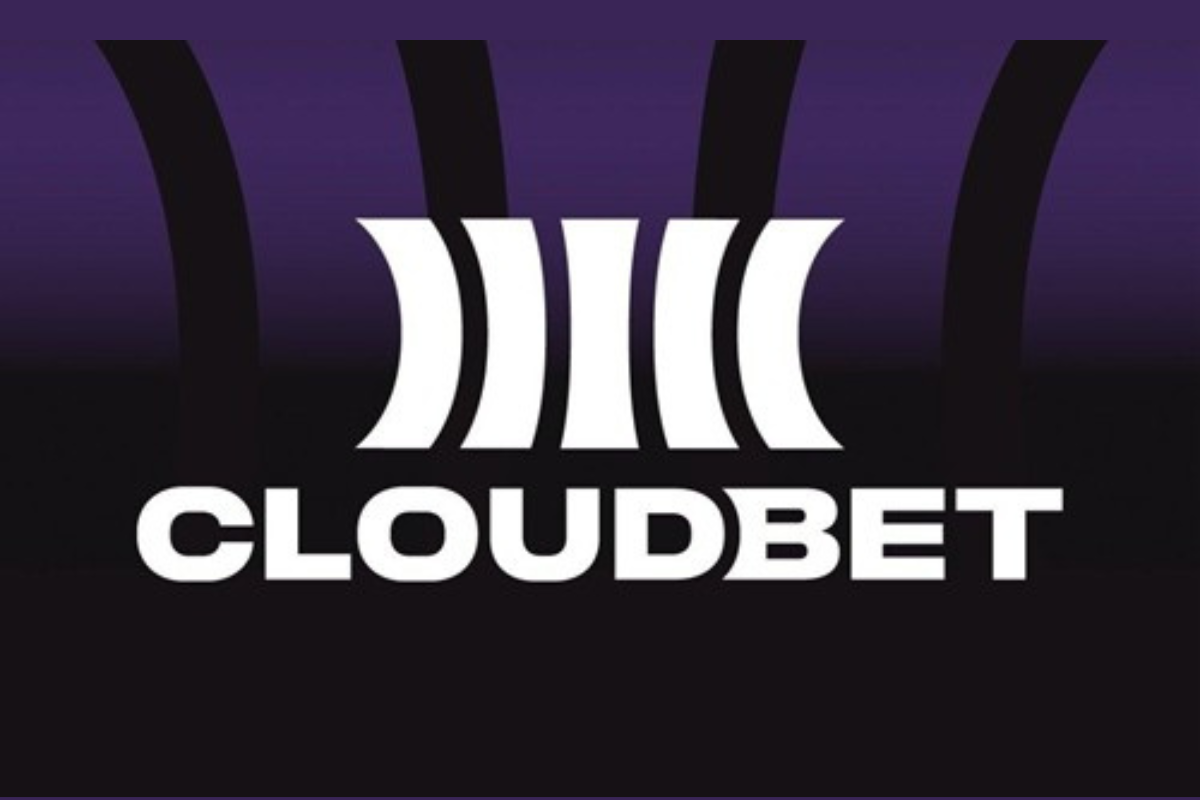
 Latest News6 days ago
Latest News6 days agoCloudbet maps regional betting trends in August–September 2025
-

 Latest News6 days ago
Latest News6 days agoHigh Roller Launches New Online Casino Brand in Finland
-

 Latest News6 days ago
Latest News6 days agoNetBet Denmark expands its casino library by adding SYNOT Games as a provider
-
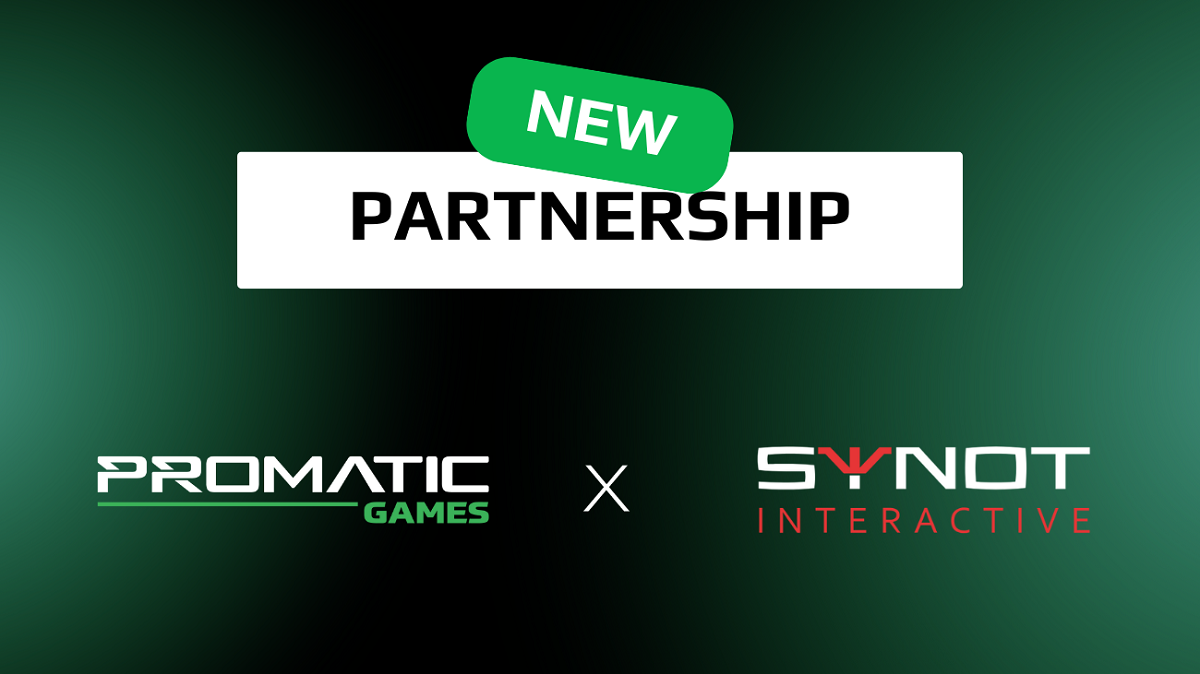
 Central Europe6 days ago
Central Europe6 days agoPromatic Games and SYNOT Interactive Announce Strategic Partnership to Strengthen iGaming Expansion in Central and Eastern Europe
-
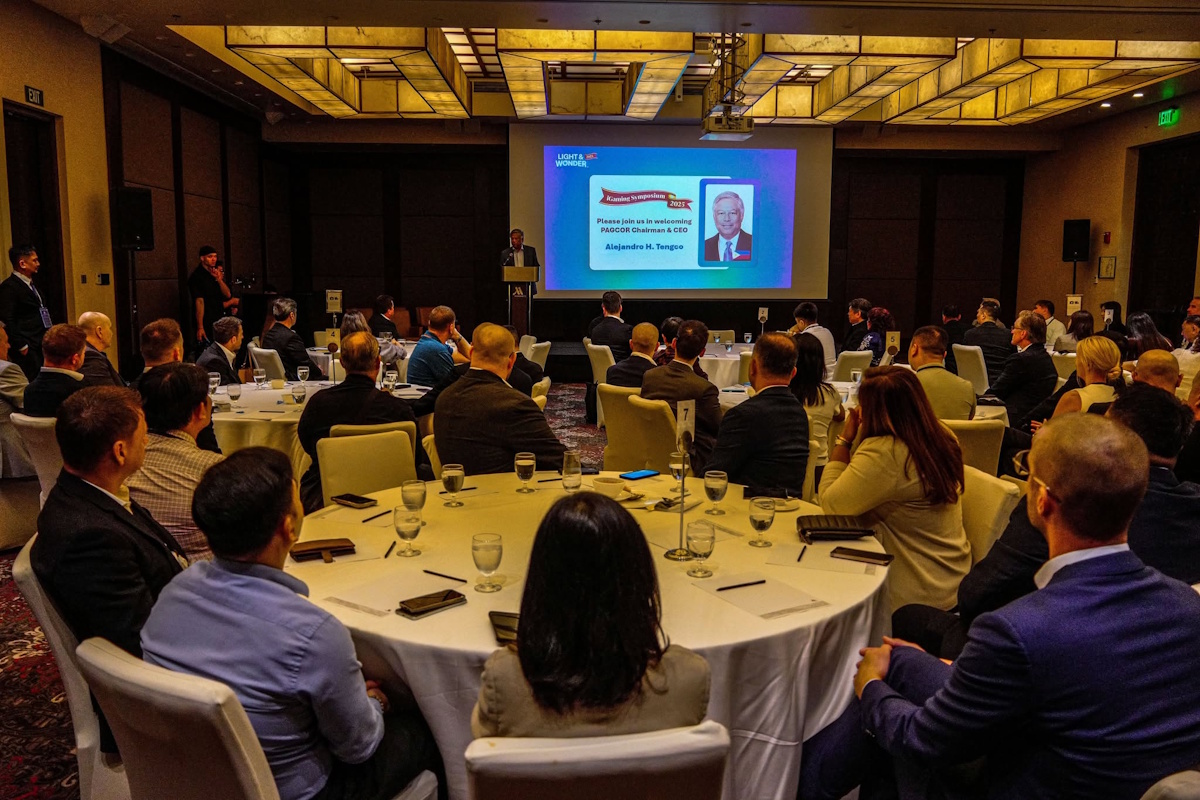
 Asia5 days ago
Asia5 days agoPAGCOR chief pushes for stricter regulation, not online gaming ban
-
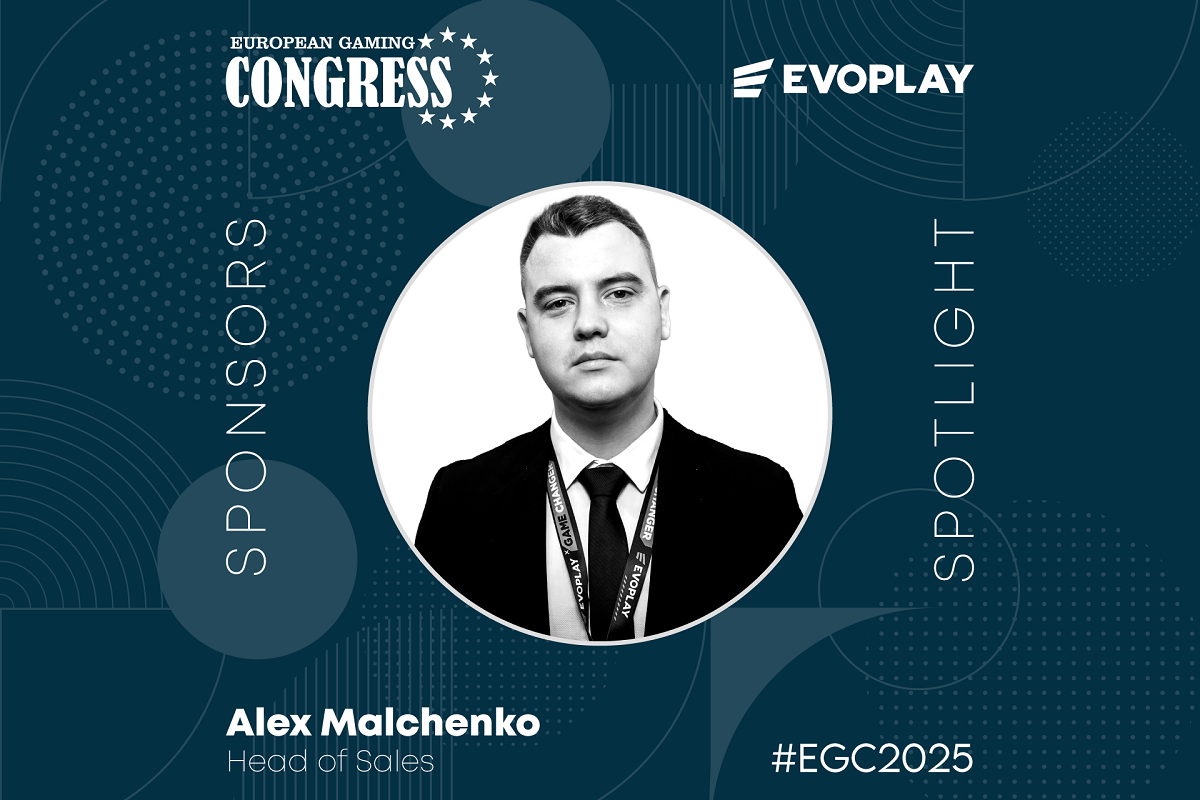
 Conferences in Europe6 days ago
Conferences in Europe6 days agoStrategies that Scale: Evoplay’s Alex Malchenko on Cracking the Code of Localised iGaming Success
-
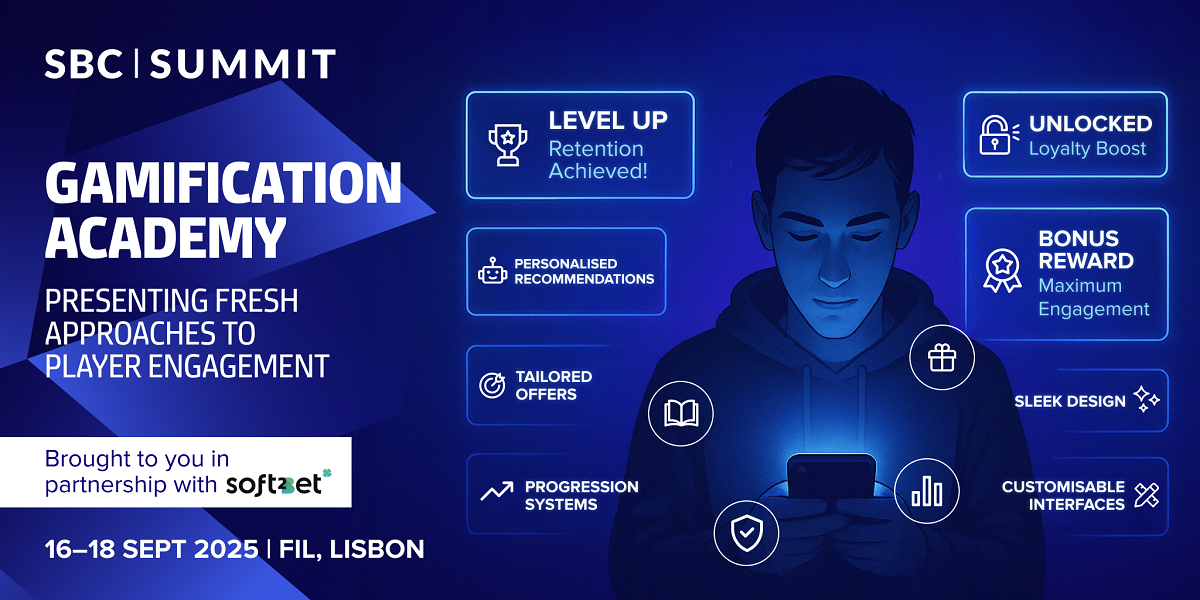
 Conferences in Europe6 days ago
Conferences in Europe6 days agoNew Gamification Academy at SBC Summit to Present Fresh Approaches to Player Engagement















